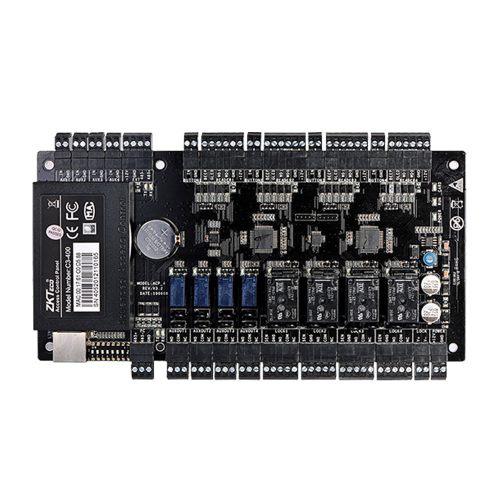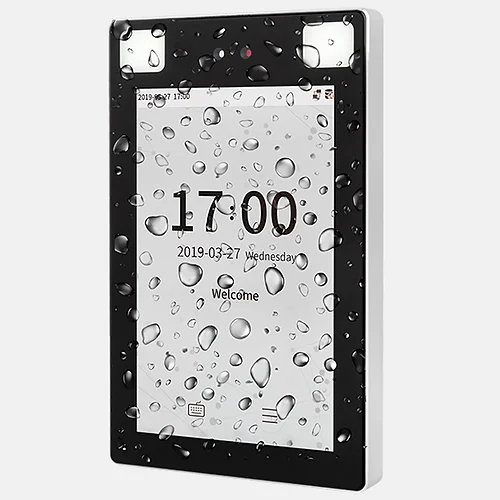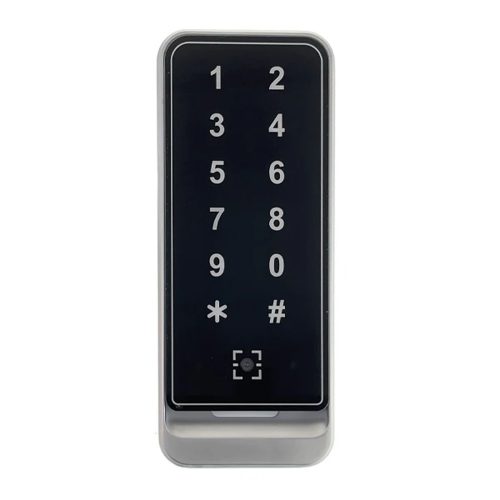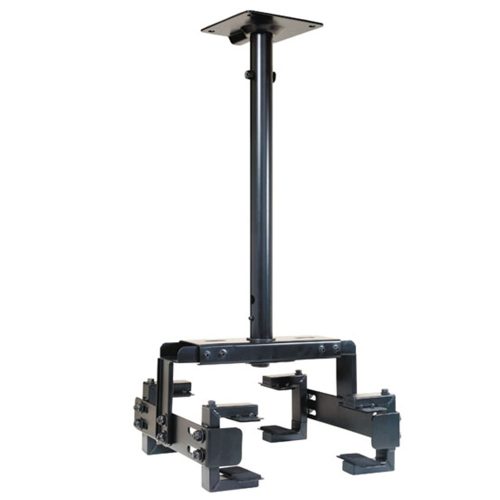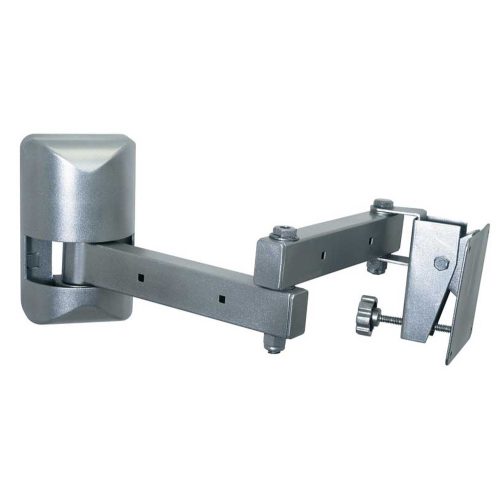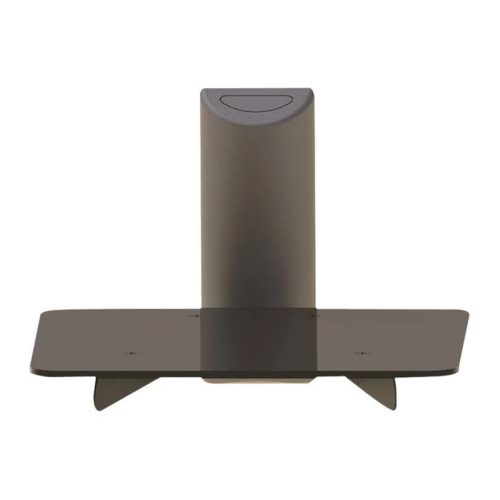How to Choose the Right Battery for Your Backup Power Supply
Life’s full of surprises, some pleasant and some not so much. Like the occasional power outage. It’s during these unexpected blackouts that having a reliable backup power supply proves to be a lifesaver. But, the efficiency of your backup power system heavily depends on one vital component – the battery. So, how do you choose the right battery for your backup power supply? Let’s delve into it.
Introduction: The Importance of Choosing the Right Battery for Your Backup Power Supply
Picking the right battery for your backup power supply is not just about ensuring continuous power supply. It’s also about longevity, performance, maintenance, and, ultimately, cost-effectiveness. A poor choice can lead to frequent replacements, increased costs, and unreliable power supply during those critical moments when you need it the most.
1. Understanding Your Power Needs
Calculating Your Energy Requirements
The first step in choosing the right battery is understanding your power needs. It boils down to calculating your energy requirements, which depends on the devices you intend to power during an outage. You need to consider their wattage and how long you’d typically use them.
The Role of Inverter Size
The size of your inverter also plays a significant role. Your inverter’s size should match your battery capacity to ensure that your system can handle your power needs. A mismatch could lead to an underpowered or overpowered system, both of which are undesirable.
2. Types of Batteries
Lead-Acid Batteries
Lead-acid batteries, such as flooded, AGM, and gel batteries, have been widely used for backup power supplies due to their reliability and affordability. However, they have a relatively short lifespan and require regular maintenance, especially the flooded type.
Lithium-Ion Batteries
Lithium-ion batteries, though pricier, offer a higher energy density, longer lifespan, and require little to no maintenance compared to lead-acid batteries. However, they require a compatible charging system, which might necessitate additional investment.
3. Battery Capacity and Depth of Discharge (DoD)
Understanding Battery Capacity
Battery capacity, measured in ampere-hours (Ah), determines how long a battery can supply a specific amount of power. A battery with higher capacity can power more devices for a longer time.
The Depth of Discharge Factor
Depth of Discharge (DoD) is the percentage of a battery’s energy that has been discharged compared to its overall capacity. Different types of batteries have varying recommended DoD levels, which can influence their lifespan and performance.
4. Battery Life and Maintenance
Evaluating Battery Life
A battery’s lifespan is a crucial consideration. You don’t want to be stuck replacing your battery every few years. Both the type and quality of the battery can affect its life expectancy.
The Importance of Battery Maintenance
Regular battery maintenance can prolong its life and ensure efficient operation. Some types require more care than others, adding to the overall cost and effort of maintaining your backup power system.
5. Budget Considerations
Initial Purchase Cost
While the upfront cost of the battery is an important consideration, remember to factor in the lifespan, maintenance requirements, and performance characteristics. Cheaper is not always better in the long run.
Cost of Ownership
The total cost of ownership includes the initial cost, the cost of replacements over time, and the maintenance costs. Always calculate these when making your battery decision.
Conclusion: Making the Right Battery Choice for Your Backup Power Supply
Choosing the right battery for your backup power supply involves a deep understanding of your power needs, knowledge of different battery types and their characteristics, and careful consideration of your budget. A well-thought-out choice ensures that your backup power supply will serve you reliably and efficiently when you need it the most.
Frequently Asked Questions (FAQs)
- What is the best type of battery for a backup power supply? The “best” type varies based on individual power requirements, budget, and maintenance preferences. However, lithium-ion batteries are popular due to their high energy density and long lifespan.
- How do I calculate my energy requirements? Add up the wattage of all the devices you plan to power and multiply by the hours you’d typically use them.
- Does the size of my inverter affect my battery choice? Yes, your inverter’s size should match your battery capacity to ensure that your system can handle your power needs.
- How does Depth of Discharge (DoD) affect my battery? DoD is the percentage of a battery’s energy that has been discharged compared to its overall capacity. High DoD levels can shorten your battery’s lifespan.
- Is it better to buy a cheap battery for my backup power supply? While the initial cost is important, consider the lifespan, maintenance requirements, and performance characteristics. Cheaper is not always better in the long run.
- How often should I replace the battery for my backup power supply? Battery lifespan depends on the type and usage. However, typical lead-acid batteries last 3-5 years, while lithium-ion batteries can last up to 10 years.

